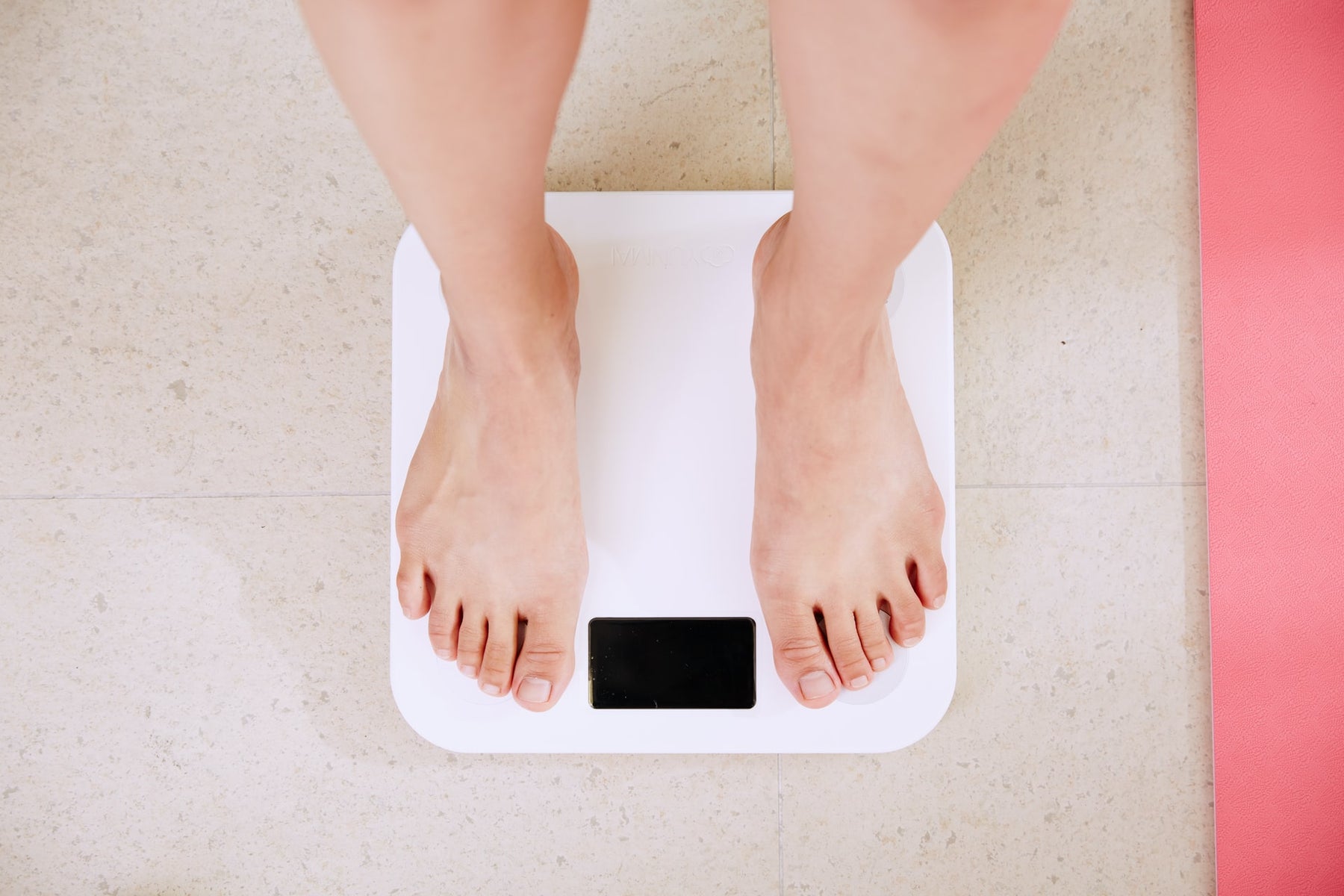
Diabetes and Weight Gain Caused by This Common Food Additive
The United States is one of the most overweight nations in the world.
It’s sad but it’s true.
If you were to ask me why this is, I’d tell you part of this can be attributed to calorie dense foods, another part is because our culture is moving towards a more sedentary lifestyle.
And then there’s also the fact many people are over-stressed, over-fed, and suffering from hormonal imbalances which lead to off-kilter insulin levels.
Those are the easily explainable reasons for weight gain and the explosion of incidences of diabetes.
However, what you may find interesting is recent research indicates there might also be another reason behind the high numbers of cases of both extreme weight gain and type 2 diabetes.
And it’s being added to many of the foods we eat.
How A Common Food Additive Could Be Affecting Weight Gain
I don’t believe that I could ever say food additives are a “good thing.”
Some are benign, but the vast majority of them aren’t good for you.
This is why I always promote a diet built around real, whole foods.
The food additive in question is called propionate. Propionate is added to breads and other baked goods along with desserts, sports drinks, processed cheeses, sausage casings among other foods to help reduce mold.
Interestingly, propionate is present in your body when bacteria in our gut process this short-chain fatty acid.
So while it may be natural, it’s not necessarily good.
Researchers at Harvard University teamed up with scientists at Sheba Medical Center in Israel. After coming across a paper published in 1912 discussing the merits of propionate for increasing blood sugar in dogs they studied what propionate does to humans as well as mice.
And what they found will give you reason to avoid it.
When consumed it elevates blood sugar, and high blood sugar is closely linked with diabetes as well as obesity.
Dr. Amir Tirosh, one of the lead researchers in the study, tested how propionate affected blood sugar levels.
A write up on the experiment cited the following:
“The mice were then fed a low dose of between 0.15 and 0.3 percent propionate in their diet over several weeks. This is equivalent to how much a person eating a Western diet would consume.
As a result, the mice developed higher levels of glucagon and FABP4, high levels of blood insulin, and insulin resistance — a hallmark of type 2 diabetes. They also put on more weight, with a significant increase in fat mass, compared with the mice receiving a standard diet.”
...
Next, Dr. Tirosh and his colleagues recruited 14 healthy, nonobese volunteers.
The study participants ate a meal containing 500 calories supplemented with propionate in the form of 1 gram (g) of calcium propionate or placebo.
"This propionate dose of 1 g is equivalent to the most commonly used amount of 0.3% [...] to which humans are exposed when consuming a single processed food–based meal", the study authors explain.
After 2 weeks, the same participants returned, and the groups were switched, meaning that the volunteers who were in the placebo group during the first visit ate the propionate-containing meal during the second visit.”
Why Does Propionate Elevate Blood Sugar?
The theory behind why propionate does this is as follows.
The researchers believe propionate has an effect on your sympathetic nervous system (which controls your flight or fight response).
It antagonizes your sympathetic nervous system which causes several hormones to rise. These include norepinephrine (adrenaline) glucagon and FABP4.
Once that happens the liver starts pumping out high levels of glucose, which in turn leads to high levels of insulin in the blood.
"Normally, these hormones act during fasting to protect against a dangerous drop in blood glucose," Dr. Tirosh explained. "In this case, they are engaging without such a threat and increasing blood glucose."
….
"We were very surprised to see that even when [a] small amount of propionate was given to humans, [it] had significant effects on the systemic level of key hormones such as FABP4," Dr. Tirosh commented.
For you, I’d recommend checking labels to see if this ingredient is in there.
It looks like just a little is enough to seriously alter your blood sugar levels and that could fuel weight gain as well as type 2 diabetes.



